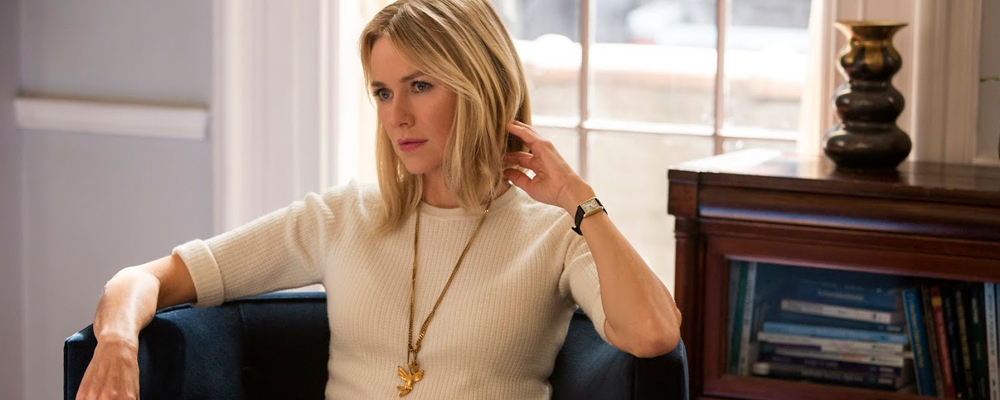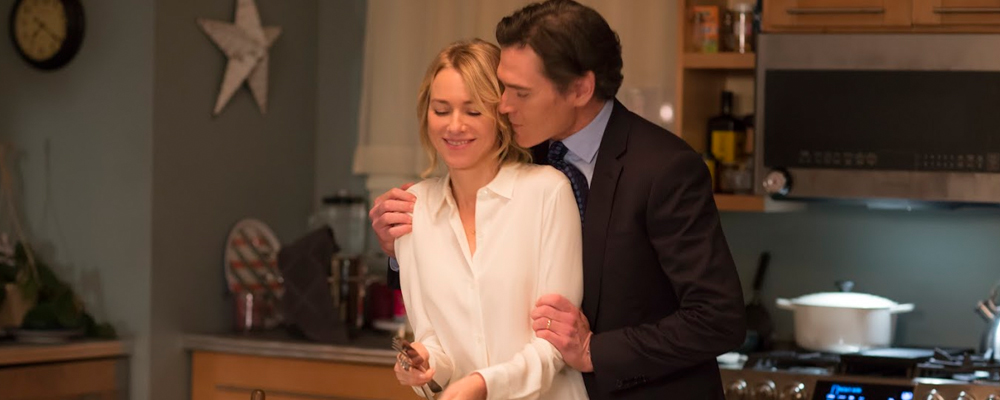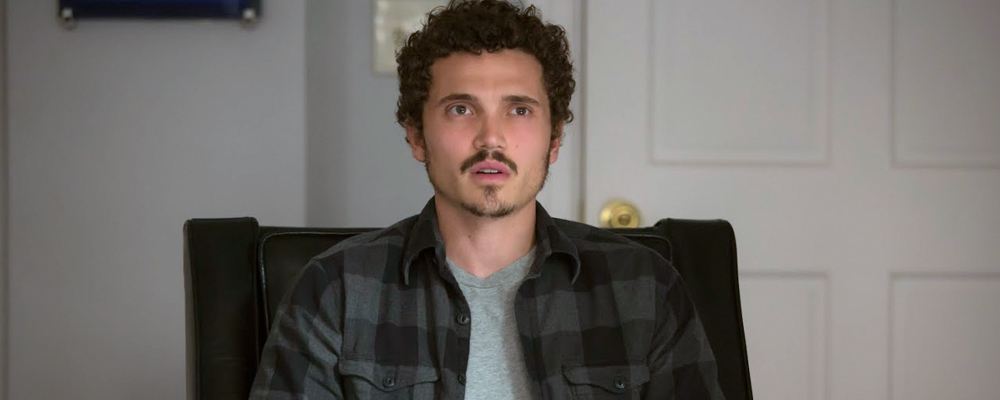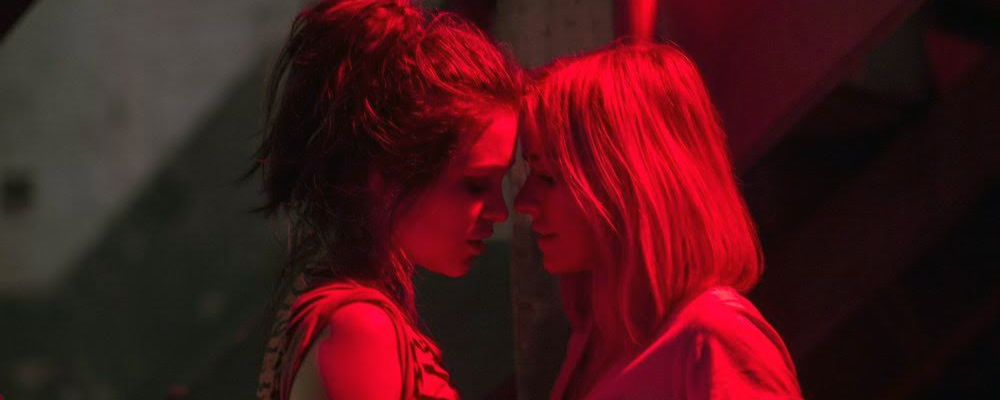Psychosexual Thriller ‘Gypsy’ Lures You In, But Is Devoid of Emotion
Monet Clayton
“Gypsy” is a psychological thriller about a woman whose quest for vitality and reinvention leads to a life of deception. Certifiably unhinged, living a double life full of dangerous secrets, she’s a puzzle made utterly fascinating by Naomi Watts. Created by Lisa Rubin, the series challenges the “Can women have it all?” question with a complex premise.
The pedigree might lure you in, but the execution falls flat. Naomi Watts stars as Jean Holloway, a well-to-do New York CBT practitioner and mother, with a lawyer husband (Billy Crudup), and an upscale house in the suburbs of Connecticut, everything that, on the surface, denotes success. By day, Jean is an apparently well-put-together, compassionate counsellor with a nice line in serene empathy and linen separates. By night she is Diane Hart, tranq-popping, bunny-boiler, with a flat on the Upper East Side. A flat she secretly keeps as part of maintaining her alter-ego, while meddling in the lives of her clients.
One day she tracks down the delicious Sidney (Sophie Cookson), the ex-girlfriend of her patient Sam (Karl Glusman), and finds herself drawn to the young, free spirited Brooklynite, who strangely reminds her of a younger version of herself. Each time, as she sneaks off to another clandestine meeting with the alluring vixen she dons more and more youthful clothing, such a leather jacket and gold pendant, as though she is creating some sort of “risk-taking” lesbian disguise.
They spend six episodes hovering near each other’s faces in a way that is supposed to be sexually charged but is actually devoid of any chemistry whatsoever. Cookson seams at home in the portrayal of her reckless character while Watts has never looked more uncomfortable. Jean drinks bourbon and masturbates thinking about her new “friend” while her strong, upstanding husband negotiates his own workplace attraction. She is jealous and brittle and emotionally erratic, lashing out at the competitive moms at her daughter’s lavish ninth birthday party. Centering the action on an anti-heroine is one thing, but a protagonist so utterly devoid of charm or wit struggles to carry an audience with her.
That’s the major problem with “Gypsy”: the character is supposed to be sharper than the people she is manipulating but the dialogue suggests she’s just a bit dim. It’s never more obvious than in the office scenes with her fellow therapists where she is supposed to sound like a mental health professional. “Realize that you can’t fix everyone,” says Jean’s boss at their weekly meetings, reading straight from the book of Fisher-Price clichés about psychotherapy. “When I tell you not to think of a red apple, what do you think of?” she says to a client. “A red apple,” he replies as if it’s a genuine revelation.
The only positive is a female character following a path usually trodden by middle-aged men. There is definitely something to be said about what happens to a woman when she hits 40 and still wants to be desired and keep a connection with her youthful, free-spirited side. But Jean is a whiny woman with that haircut that everyone has now and a perfectly good, libidinous husband at home willing to put up with her haywire antics, sudden changes of perfume and half-arsed mood-swings. This makes it tough to connect with the main character and her evolving storyline, overall, leaving the viewer unimpressed with Netflix’s latest summer show.
“Gypsy” is available to stream on Netflix beginning June 30.




